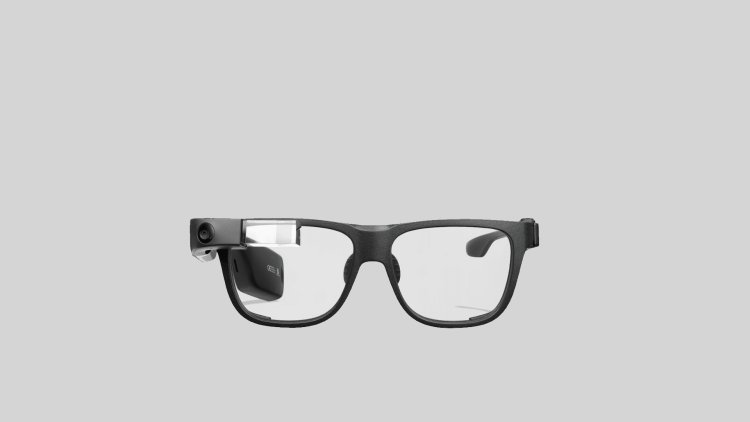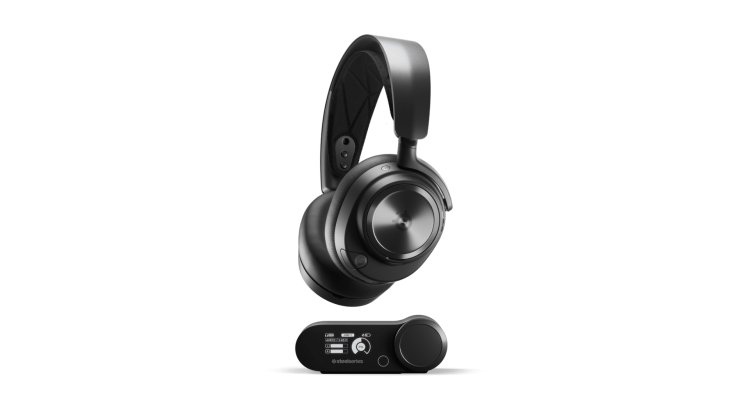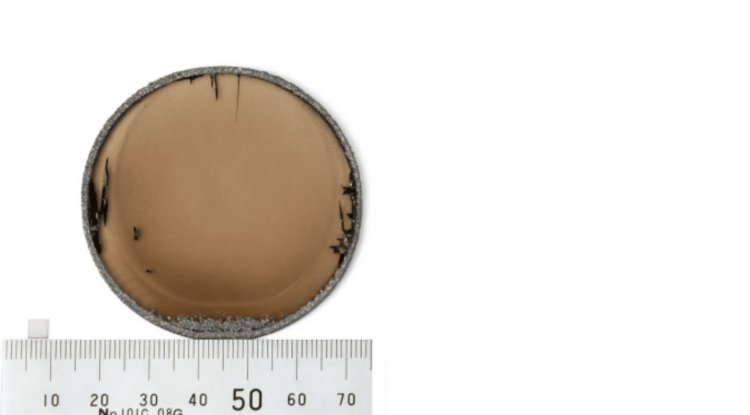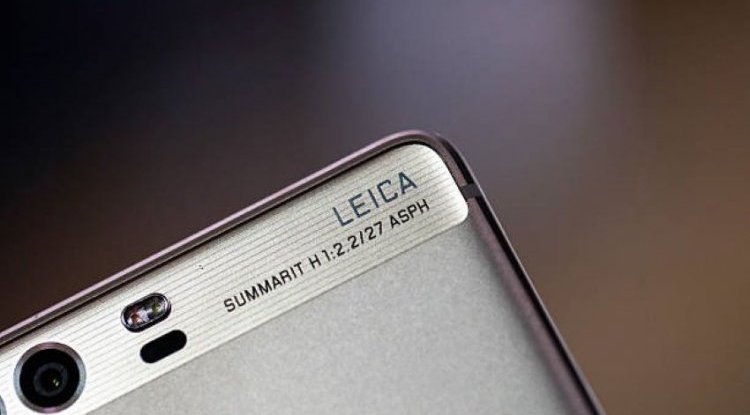Google shows augmented reality glasses

Google Glass has gone down in history as one of the company's biggest blunders. What appeared to be a breakthrough idea turned out to be a product that did not appeal to the general public and was widely panned, but the Mountain View behemoth has not given up on augmented reality, or at least that is the image he intended to project at the I/O 2022 conference.
In a short movie shown to I/O 2022 attendees, Google revealed that it is working on a device consisting of spectacles that will break language barriers through real-time translation. Is this a fresh version of Google Glass, or are we looking at a device with a specific purpose in mind? The information we have does not appear to provide a definitive answer.
The recent acquisition of North, the Canadian business behind the Focals smart glasses, could signal Google's return to the augmented reality space. Although it includes the capacity to display notifications, North's idea has a more elegant and standard aesthetic finish and integrates a single screen in a single lens. Another notable feature is that it lacks a camera, which the Google prototype appears to have replicated in order to generate less suspicion on the privacy front.
What Google has displayed is a prototype that has failed to gain traction, or, to put it another way, is unlikely to be commercialized. Sundar Pichai, the current CEO of Alphabet and Google, told those in attendance that the glasses were "one of the first prototypes" that the business had tested, so if they are in that state now, it is normal.
We'll see how far Google takes these glasses, which appear to be focused on translation work. Lacking cameras and only performing one or a few functions may enable them to reach a more focused audience and have more actual commercial viability, albeit they are unlikely to become a revolutionary phenomenon that finds their way into every home.
Google Glass began as a project in 2012, and it was clear from the start that it would struggle to make a profit. The wearable quickly dropped after privacy worries about the addition of a camera, a $1,500 starting price, and some harsh criticism. Explorer Edition owners have been without access to services since February 25, 2020, hence they are "dead" devices for the firm as of that date.




























